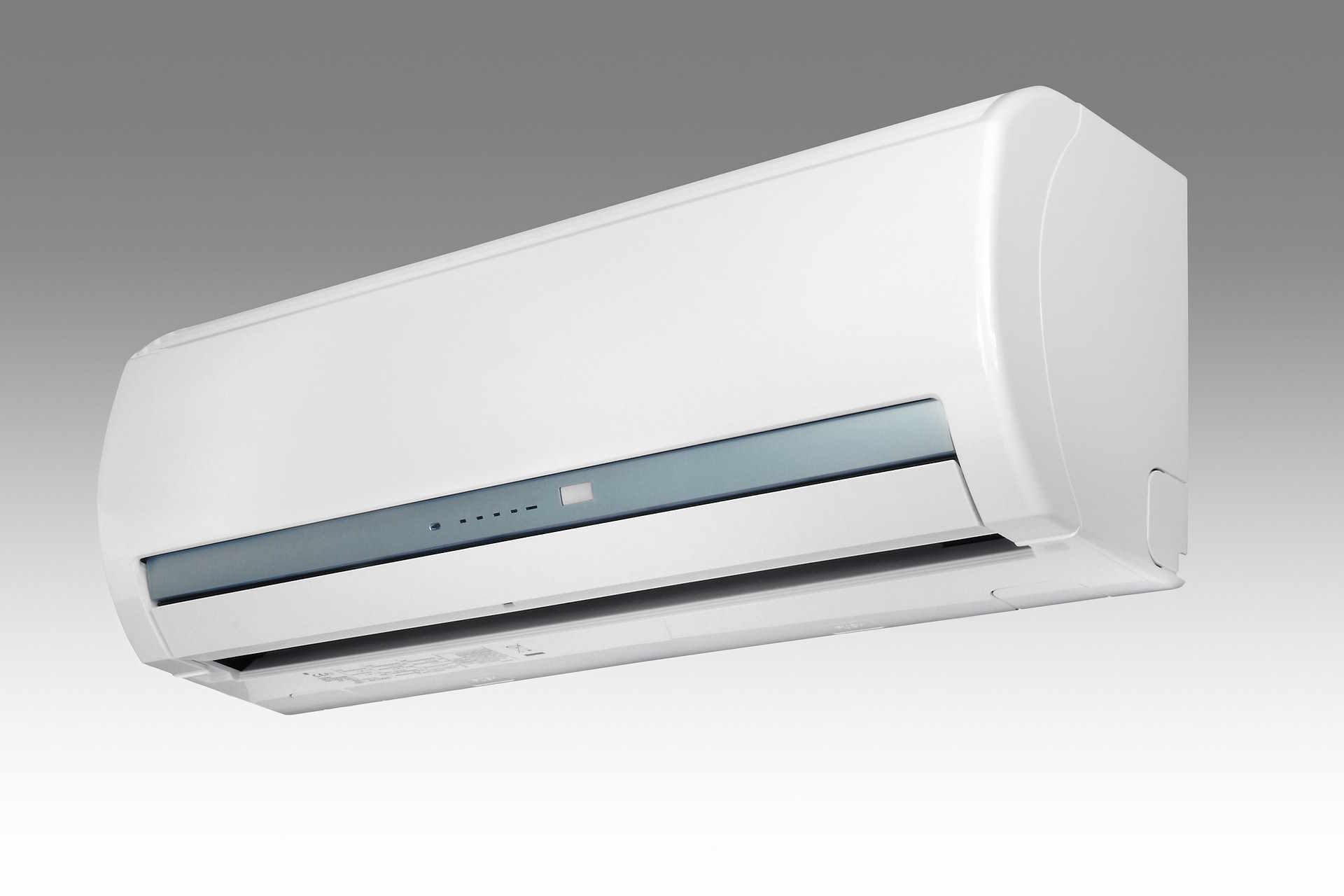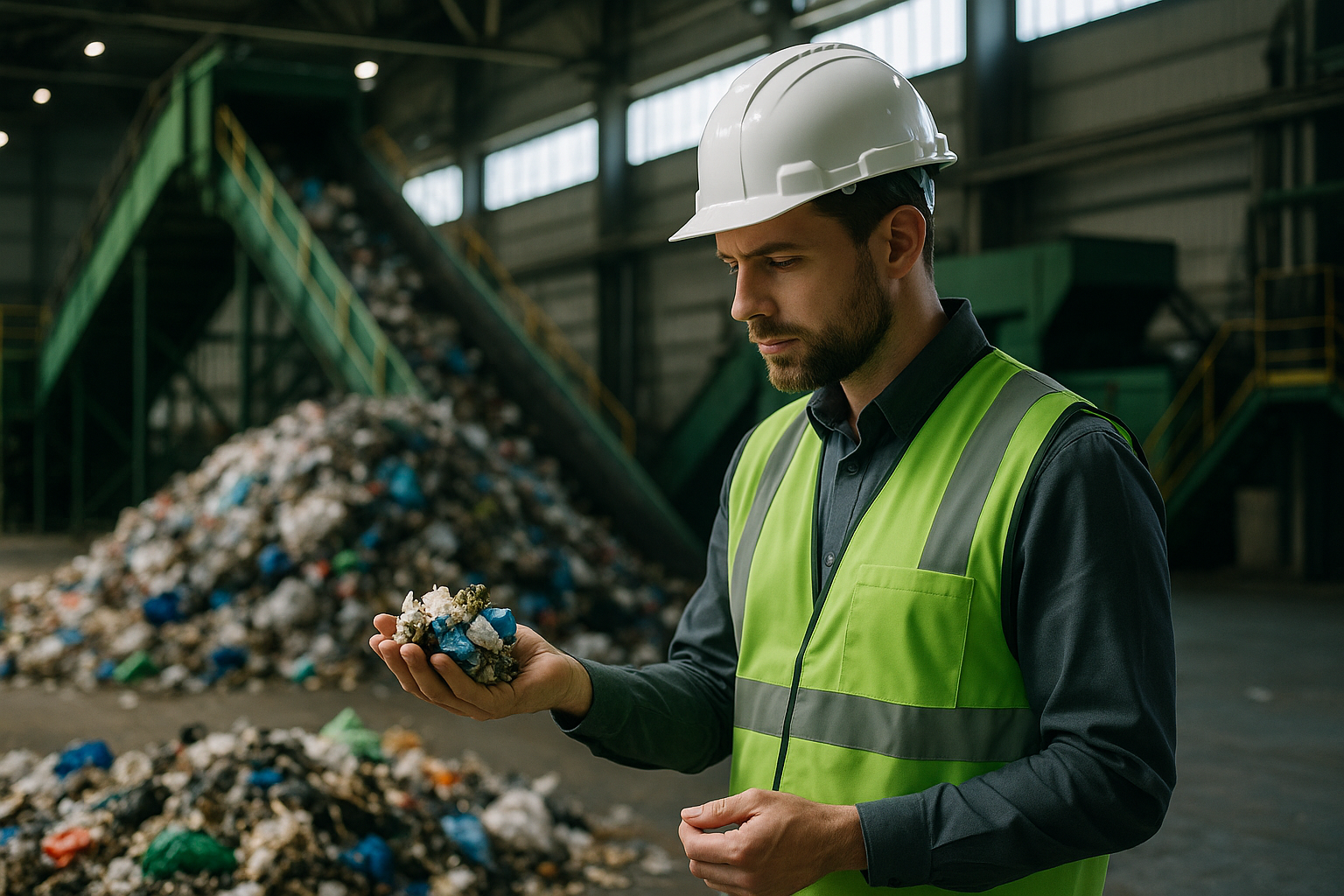Understanding Refrigeration Cycles in Modern Systems
Modern refrigeration systems rely on sophisticated thermodynamic cycles that efficiently transfer heat from one location to another. These cycles form the foundation of air conditioning, heat pumps, and commercial refrigeration equipment used in homes, offices, and industrial facilities worldwide. Understanding how these systems work helps property owners make informed decisions about installation, maintenance, and energy efficiency improvements.

Refrigeration cycles represent one of the most important technological achievements in modern comfort and food preservation systems. These thermodynamic processes enable the controlled movement of heat energy, making it possible to cool indoor spaces, preserve perishable goods, and maintain comfortable living and working environments regardless of external weather conditions.
How Basic Refrigeration Cycles Function
The fundamental refrigeration cycle operates on four key stages that work together to move heat from inside a space to the outside environment. The process begins with a compressor that pressurizes refrigerant gas, raising its temperature significantly. This hot, high-pressure gas then flows to a condenser where it releases heat to the surrounding air and transforms into a liquid state. The liquid refrigerant passes through an expansion valve that reduces its pressure and temperature dramatically, creating a cold, low-pressure mixture that enters the evaporator coil where it absorbs heat from the indoor air and returns to its gaseous state.
HVAC Companies and System Installation
Professional installation requires expertise from qualified technicians who understand local building codes, equipment specifications, and proper sizing calculations. Established companies typically offer comprehensive services including system design, equipment selection, installation, and ongoing maintenance programs. Many providers specialize in specific system types such as central air conditioning, ductless mini-splits, or commercial refrigeration applications.
Career Opportunities in System Maintenance
The growing demand for climate control systems creates numerous employment opportunities for skilled technicians and service professionals. Entry-level positions often begin with basic maintenance tasks and equipment cleaning, while experienced technicians handle complex repairs, system diagnostics, and refrigerant handling. Career advancement typically leads to supervisory roles, specialized certifications, or independent contracting opportunities.
Selecting Professional Service Providers
Choosing qualified service providers requires careful evaluation of licensing, insurance coverage, and technical expertise. Reputable companies maintain proper certifications for refrigerant handling, follow environmental regulations, and provide detailed estimates for both equipment and labor costs. Customer reviews, warranty offerings, and response times for emergency service calls serve as important selection criteria.
| Service Provider | Services Offered | Key Features |
|---|---|---|
| Carrier | Residential and commercial systems | Energy-efficient equipment, nationwide service network |
| Trane | Complete HVAC solutions | Advanced controls, commercial expertise |
| Lennox | Indoor comfort systems | High-efficiency ratings, smart home integration |
| Rheem | Heating and cooling equipment | Reliable performance, comprehensive warranties |
| Goodman | Affordable HVAC systems | Cost-effective solutions, widespread availability |
Energy Efficiency and Environmental Considerations
Modern refrigeration systems incorporate advanced technologies that significantly reduce energy consumption compared to older equipment. Variable-speed compressors adjust their operation based on actual cooling demands, while improved insulation and heat exchanger designs maximize thermal transfer efficiency. Environmental regulations have also driven the development of refrigerants with lower global warming potential, reducing the climate impact of these essential systems.
Future Developments in Refrigeration Technology
Emerging technologies continue to improve system performance and reduce environmental impact through innovative approaches to heat transfer and energy management. Smart controls enable remote monitoring and automated optimization, while heat recovery systems capture waste heat for water heating or space warming applications. These advances promise even greater efficiency and reduced operating costs for future installations.
Refrigeration cycles remain fundamental to modern comfort and food safety, with ongoing technological improvements making these systems more efficient and environmentally responsible. Professional installation and maintenance ensure optimal performance while career opportunities in this field continue expanding as demand for climate control systems grows across residential, commercial, and industrial applications.




